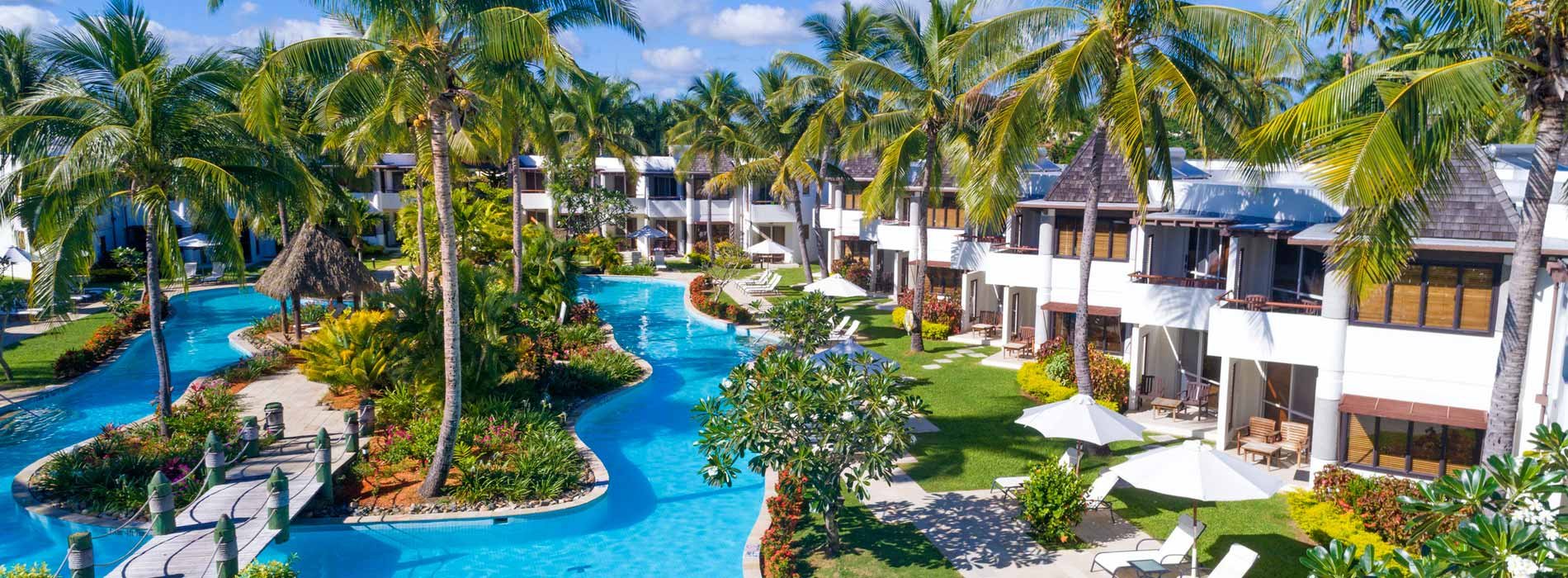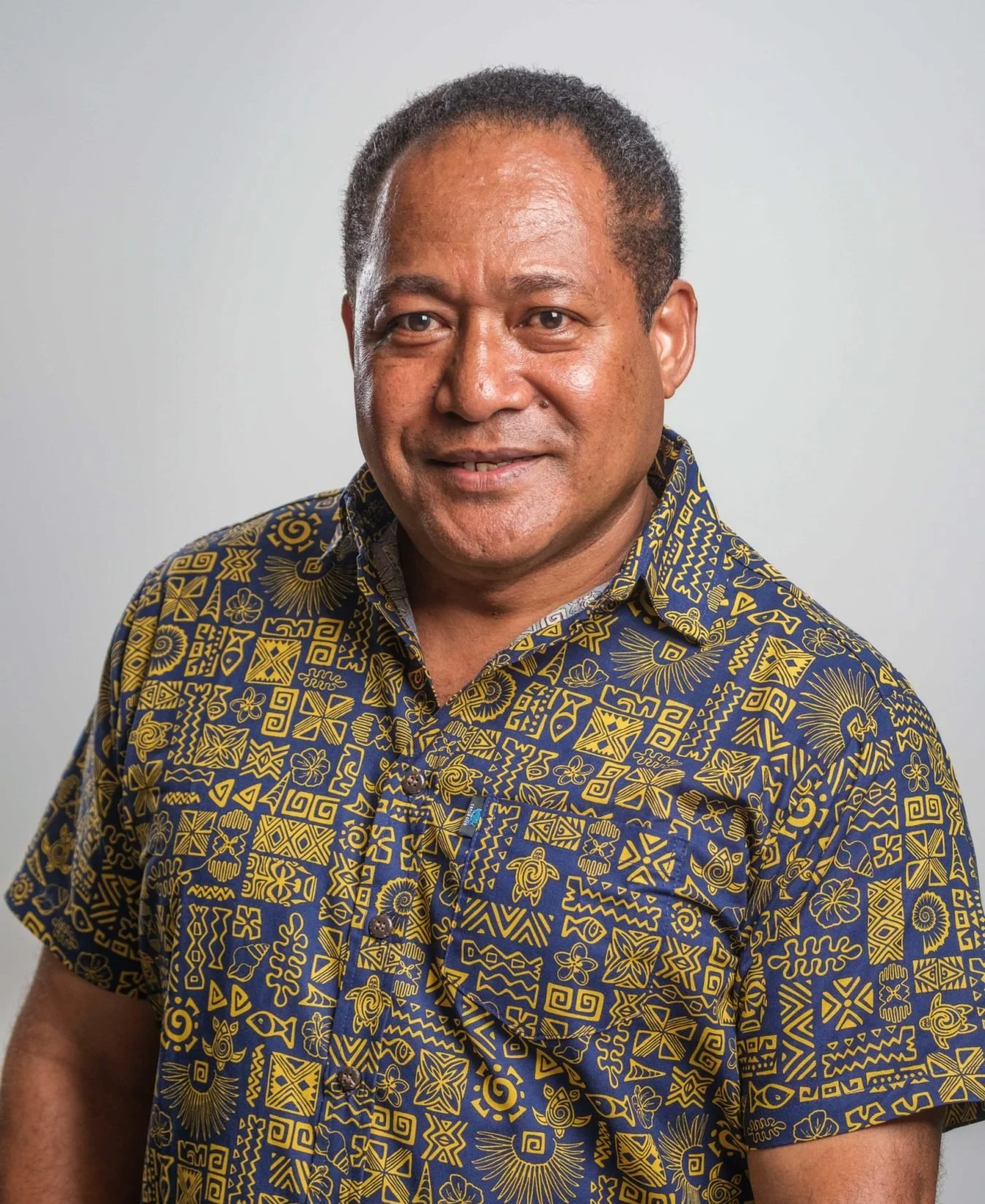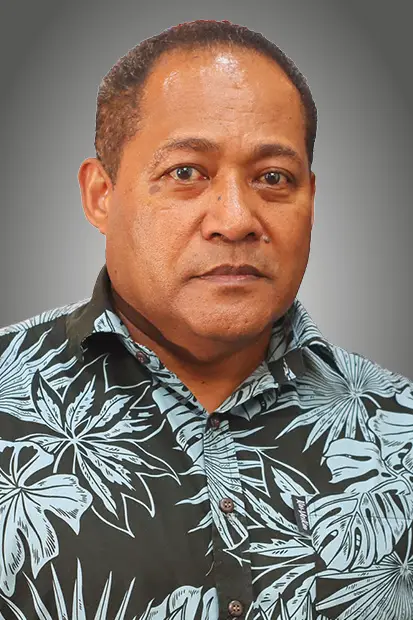
Spotlight Series: Viliame Vodonaivalu, 25/26 PIIF Chairman & FNPF CEO
Exclusive interview with Viliame Vodonaivalu, the CEO of Fiji National Provident Fund and incoming Chairman of the Pacific Islands Investment Forum.
As CEO of FNPF and a member of the PIIF, can you share your professional journey leading up to these roles?
My professional career has a span of almost 30 years, so I’ve been in the financial market for quite some time.
I started my journey with Government as an auditor for public entities. Then I joined Fiji Airways for a year and commenced my journey with the banking sector shortly after that. I started off with ANZ bank for approximately 3 years, then Westpac, working in Fiji and the region, including Tonga and Vanuatu where I was stationed for some time.
Then I joined the Provident Fund for Vanuatu for almost 4 years before joining FNPF. Prior to all this, I was with FNPF way back for 3 years as Deputy Chief Investment Officer and Head of Treasury.
So the journey was quite an exciting one. It’s been 4 years since I first took over the role as CEO. If you can go back to my career path, it was meant for something much bigger. The FNPF is the biggest one as an institution. I think I'm in my right space now.
Taking a closer look at FNPF, what are some of the current initiatives that your team are focused on?
The focus is on a more ‘member-centric’ agenda and widening the scope to cover the informal sector. We are quite aware of the fact that the informal sector is bigger than the formal. This is the reason we are focusing on it. The intention is to widen the benefit to all members. Now we’re extending it to members that can join from birth so that they can build their balance for a bit longer than the norm, which is only upon employment.
The second issue is that we are working with our existing investments; the plan is for profit enhancement.
We've got some good plans in the pipeline. Our exposure in telecom, the biggest in the country, exposure in the hotel industry. We are expanding to other services. One in particular that’s quite an exciting one for us, is Google, coming into the country. So we will tap into that opportunity. They’re currently leasing from us one of the sites to build the data centre. Out of that, there will be incentives and a lot of things that come up. Another exciting investment that we have is connecting with healthcare. Which is really the Australian, entity called Aspen.
How have you handled increased exposure in the region?
We have exposure in Australia, but none in the US, so we are trying to enter that market.
Our focus now is more mainly in the country. Whatever investment decision we make, we always think of dollars that can be spent in Fiji. And the off-spin from that compared to a dollar that is spent overseas and the benefit.
So we weigh the benefit, then we go for the best.
What are your thoughts on co-investments?
So the issue is co-investment and working together on bettering our service. And one example is one that we're doing here in Fiji. I think we haven't deviated from that. I think if you look at what we have done, I think we haven't reached what we are planning. But I think the more we meet together and chat, we can map out what we are required to do.
You know, probably even before we extended our scope, which we are doing now with our relationships to other Superfunds, we needed to look internally too.
So what we do in Fiji, we are working with other investment institutions, with the likes of land owners here, Fiji Holding Limited. So we have been co-investing with them and also BSP.
I think the other Super funds should do the same. We have to put away our differences. Even for PNG, they can do it with, I'm assuming they've done it with, other Super funds. So we have to actually clean our own houses first, have our relationships intact, then we move offshore and plan to tap into the, what we call the developed countries.
Do you have any potential investment opportunities for members?
For the investments that we already have listed in our books, one in particular is our telecommunication division, which is a listed company.
We've got 88 listed companies so anyone can buy into the share. They just have to register their interest through a broker and they can buy in the open market.
We have also listed another entity recently for a well-known brand in Fiji, Cots, so that's another company that members can buy directly.
Other than that, the majority of our properties, investments, are property related or private entities, but the plan is for most of our investment to be leased. So that's a process we are profit enhancing.



